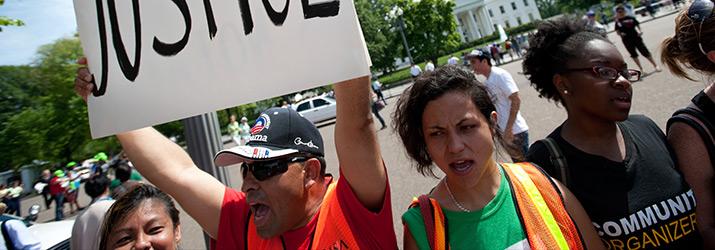

By carefully collecting and analyzing this information, sociologists produce explanations of how our social world works and how it influences our personal lives. This has turned sociology into a useful tool for solving social problems such as crime, discrimination, poverty, and inequality.
Sociologists study the cultural dynamics, institutions, norms, organizations, roles, structures, values, and other social forces that define societies. They are curious about how societies work—and importantly, why they often do not.
Ohio University sociology faculty study various aspects of social inequality:
- Appalachia
- Birth activism, midwifery
- Development and global inequality
- Economic inequality
- Environmental sociology
- Family Sociology: diversity and poverty
- Gender
- Social structure and group processes: social roles, social capital, status and networks
- Social movement and protest
- Sociology of sport
- Sociology of the body
- Women's health movements
